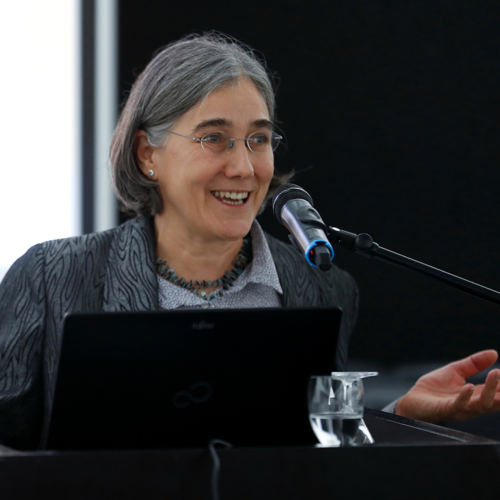D: Professions and Expertise
Professions and experts have long held a central role in both the economy and society, and today, they remain as vital as ever. In particular, they play a crucial role in addressing key socio-economic concerns of our time, such as climate change, corporate governance, ageing populations, and trade regulation.
There are some distinctive features of the contemporary roles of professions, professionals, and experts. The meanings of the terms “profession” and “professional” have evolved. Alongside the traditional professions, such as accountancy, architecture, law, and medicine, a range of new professions has emerged. These new professions, like management consultancy and project management, rely on discourses of expertise, ethics, and client service to establish their positions in the market and to legitimize their claims to issues traditionally under the jurisdiction of the old professions. Professionals now frequently work in large, often multinational, organizations that shape discourses and identities. Additionally, technology is fundamentally disrupting the professions, most recently through the impact of artificial intelligence.
The status of professions has also been challenged. Professions are increasingly operating within divisions of labor alongside other occupational groups with whom they cooperate and compete. Claims to expertise, rather than claims to being a profession, have become more important. Individuals and groups work relationally to develop expertise claims within networked ecologies. From expertise in autism to expertise in monetary policy, wealth management, and environmental protection, jurisdiction over domains is being claimed in ever-more diverse ways.
Through the Professions and Expertise Network, we aim to develop critical analysis of the dynamics of professions and expertise. In particular, we are interested in how professions, professionals, and experts operate at the heart of global socio-economic agendas. The network welcomes contributions from various intellectual traditions and disciplines, including sociology, political science, economics, geography, anthropology, and management studies.




